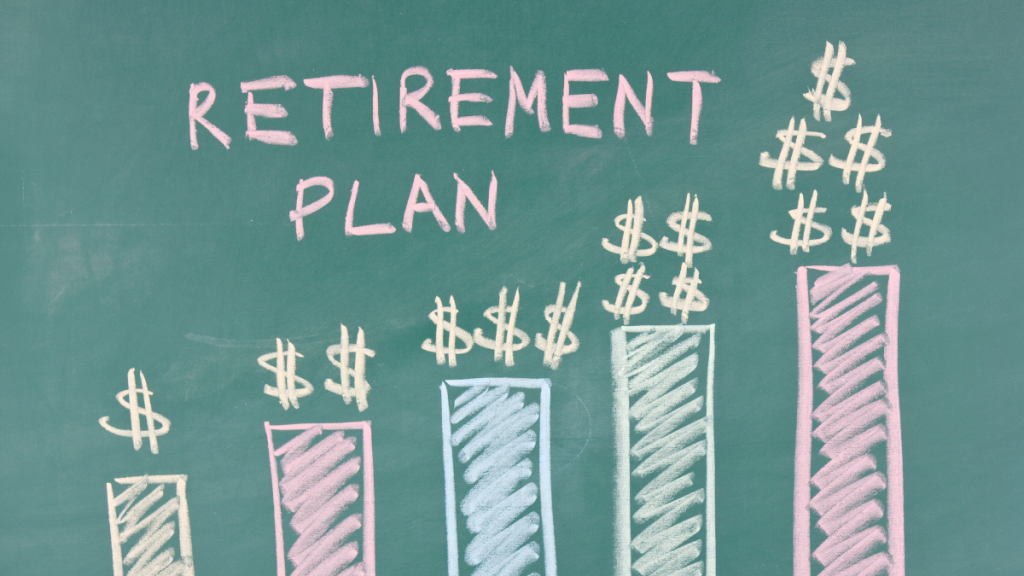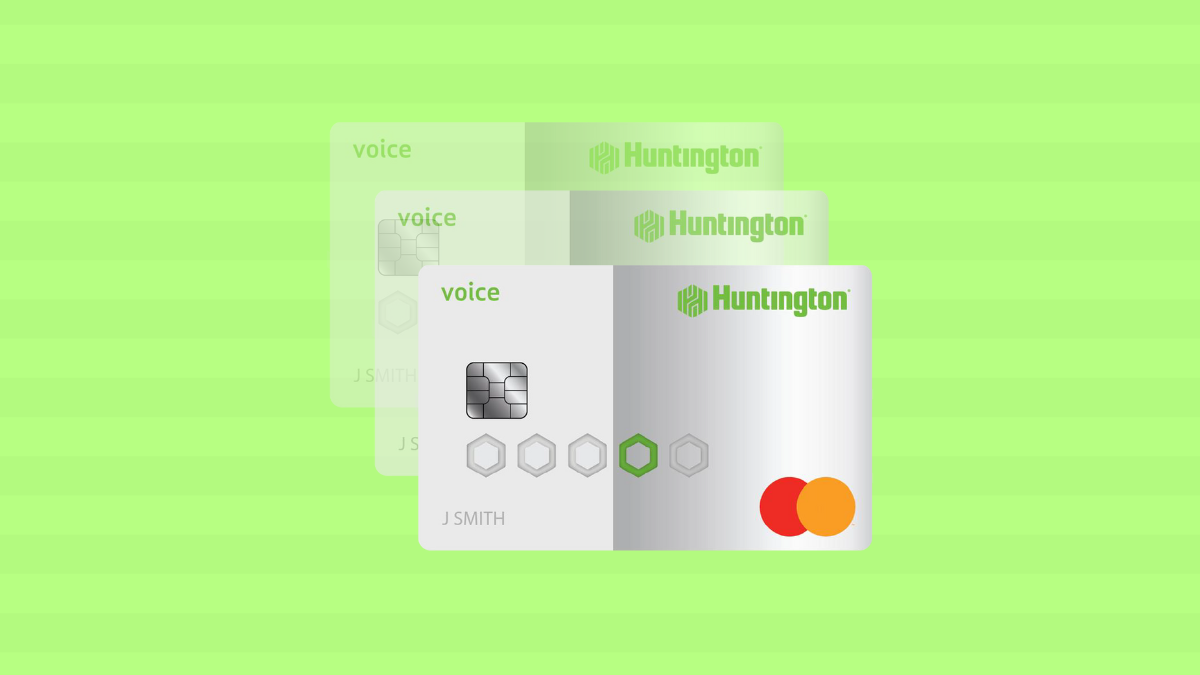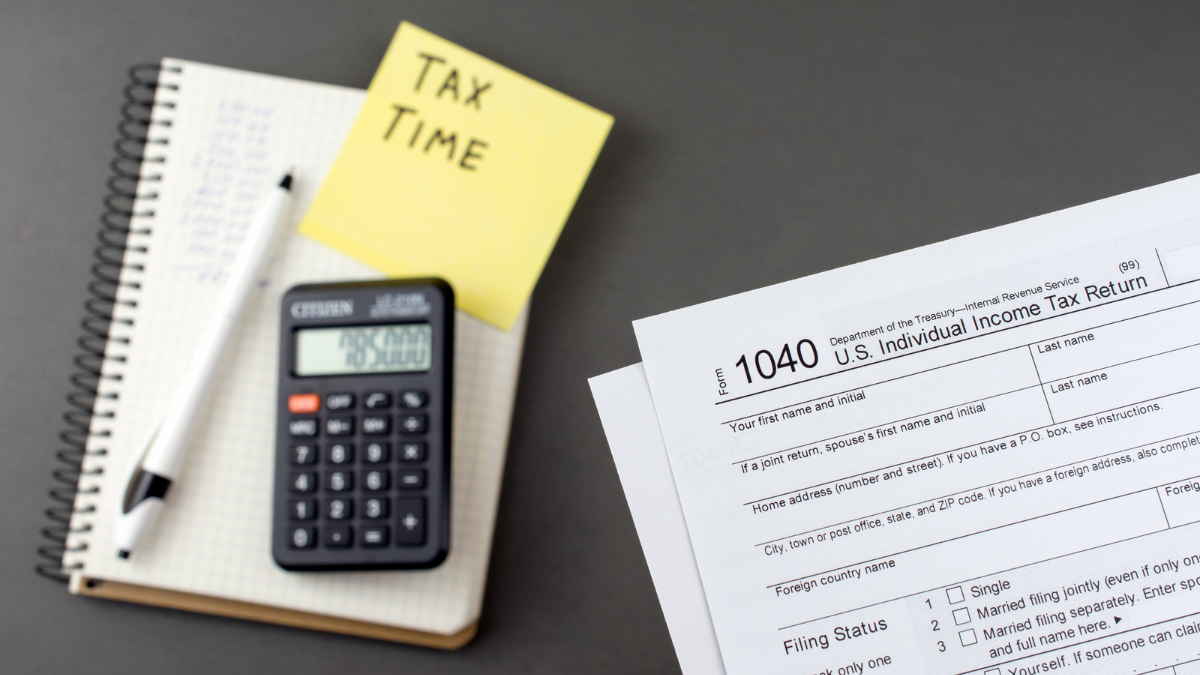Investments
Start saving for retirement: 6 things to avoid
Some mistakes are common among people who save for retirement. In this article we are going to show you the ones you should avoid.
Advertisement
Here are some important things to keep in mind when saving for retirement

It is easy to commit financial errors while preparing for your retirement. But the sooner you start saving for retirement, the better.
In order to prevent the most severe mistakes during your golden years, you must have a pragmatic approach towards your plans and consider the future.
The FED estimates 40% of individuals who have not yet retired are under the impression that their retirement funds are progressing smoothly.
It is improbable that the 60% of individuals who feel they are behind schedule intend to damage their retirement savings by not contributing to them.
If you happen to belong to the 60% of individuals who are not on course for their retirement, this article is for you.
You can initiate (or resume) your journey by circumventing these 6 financial blunders.

5 Investment Accounts Everyone Should Have
Stocks and bonds are not the only ways you can invest your money. Read on and find out about these different types of investment accounts.
1. Not starting now
If you aim to accumulate wealth for your retirement, it’s essential to prioritize saving and cut back on expenses. Start saving for retirement right away!
Experts recommend allocating at least 10% to 15% of your overall income towards retirement savings during your working years.
The longer your money has to accumulate, the more it benefits from the power of compounding interest.
Therefore, every dollar you save today will keep growing until your retirement. Time is the best friend of compound interest, and it can do wonders for your savings.
You will be redirected to another website
By submitting this form, I agree that I am 18+ years old and I agree to the Privacy Policy and Terms and Conditions. I also provide my signature giving express consent to receive marketing communications via automated emails, SMS or MMS text messages and other forms of communication regarding financial products such as credit card and loans. Message frequency varies and represents our good faith effort to reach you regarding your inquiry. Message and data rates may apply. Text HELP for help or text STOP to cancel. I understand that my consent to receive communications is not a condition of purchase and I may revoke my consent at any time.
2. Not establishing a financial plan

To ensure that you don’t outlive your savings, it’s crucial to devise a plan that takes into account your expected lifespan.
In this plan, establish by what age you would like to retire. Also, think about location, general health, and the lifestyle you aspire to before determining the amount to save.
As your needs and lifestyle change, it’s essential to revise your plan regularly. Seeking advice from a qualified financial planner is a wise decision to ensure that your plan is viable for you.
3. Making unwise investments to start saving for retirement
When making investment decisions, it’s important to choose wisely. Whether it’s a company retirement plan or a traditional, Roth, or self-directed IRA.
While a self-directed IRA may offer more investment options, investing everything in ultra-risky options like bitcoin is a bad idea. It can jeopardize your savings.
Most people will require the guidance of a financial advisor they trust to navigate the steep learning curve of self-directed investing.
Investing in poorly performing, actively managed mutual funds with high fees is also not a wise decision to start saving for retirement.
It’s best to avoid self-directed investing unless you are genuinely prepared to direct your self-directed IRA. This will ensure your investment choices are the right ones.
Low-fee exchange-traded funds (ETFs) or index funds are better options for most people.
Your 401(k)-plan sponsor must provide an annual disclosure outlining fees and the impact those fees have on your return.
Be sure to read it carefully, as there may be policy or fee changes that can affect your investments.
3. Failing to maximize a company match
If available, sign up for your company’s 401(k) and maximize your contribution. Don’t miss out on taking full advantage of your employer match. This typically represents a percentage of your salary.
For instance, your employer may match 3% if you contribute 6% of your salary. If your company has an attractive matching program, it’s like getting free money.
The IRS has established a limit for total contributions to an employee’s retirement plan by both the employer and the employee.
In 2023, the total contribution limit is $66,000 or $73,500, including the $7,500 catch-up contribution, for 50 year olds and over.
The total contribution limit for 2022 was $61,000 or $67,500, including catch-up contributions.
4. Not planning taxes

Investing in a Roth 401(k) or Roth IRA may be a wise choice if you expect to be in a higher tax bracket during retirement.
With a Roth account, you’ll pay taxes on the front end. However, all withdrawals will be tax-free, including earnings.
If you anticipate a lower tax bracket in retirement, a traditional IRA or 401(k) is a better option. By deferring taxes until you withdraw the funds, you can avoid high taxes on the front end.
However, borrowing from a regular 401(k) could result in double taxation. This is because you must repay the funds you borrow with after-tax dollars. Also, withdrawals in retirement incur taxes.
It’s important to consider your options carefully and seek advice from a qualified financial advisor before making any investment decisions.
5. Start withdrawing funds early instead of saving for retirement
Leaving less than $5,000 in a company account when changing jobs without specifying treatment can result in high fees. That could lower your savings balance.
If you cash out all or part of your retirement fund before age 59½, your plan sponsor will withhold penalties.
That means 20% for penalties and taxes so that you won’t receive the full amount. You will lose future earnings since most people never catch back up.
If you take money out to roll it over to another qualified retirement account, you have 60 days before taxes and penalties kick in.
You can request a direct rollover or trustee-to-trustee transfer to eliminate the 60-day rule.
Another issue to watch out for is that your employer could place it in an IRA for you after taking 20% in withholding.
6. Accumulating debt
It’s crucial to maintain an emergency fund to avoid the possibility of drawing down your retirement savings. Accumulating debt before retirement can also hurt your savings.
Financial experts advise paying off debt before retirement. However, they also caution that you should not stop saving for retirement to pay off debt. It is better if you can find a way to do both.
The Bottom Line
It’s not uncommon to make mistakes along the way when planning for retirement. If you’re behind on savings, consider starting to save more immediately.
This can be done by taking on a part-time job and contributing that income to your retirement account. Another strategy is to allocate any raise or bonus to your investment fund.
To ensure you’re on track for retirement, it’s essential to seek guidance from a financial advisor you trust. This will help you avoid potential pitfalls and make better decisions with your finances.
Learn about Private Retirement Plans
Now that you know the importance of saving for retirement and avoiding making mistakes in this matter, you can learn more about the different types of private plans available.
In the following article, we’ll tell you everything about private retirement plans and how to choose the best one for you.

Private retirement plan: is it a good idea?
If you're wondering whether a private retirement plan is a good idea, this article is going to help you think about that.
About the author / Danilo Pereira
Trending Topics

Stakeholders vs Shareholders: Understanding the difference
There are important differences between stakeholders and shareholders, and we are going to help you understand them.
Keep Reading
How to get your Huntington Bank Voice Rewards credit card with an online application
Read this Huntington Bank Voice Rewards credit card application guide and learn how to get this card to start earning 3x points per dollar.
Keep Reading
World of Hyatt Credit Card review: Access to luxurious benefits at a decent cost
In this World of Hyatt Credit Card review you will see how this card can get you access to flashy benefits at a decent cost.
Keep ReadingYou may also like

Bank of America® Travel Rewards for Students card application process
In this Bank of America® Travel Rewards for Students card application guide, you will learn how to get this card easily.
Keep Reading
What is an ITIN? A guide to who gets one & why
Understanding taxes can be a daunting task, so we have prepared this article to help you with an important aspect of it: what an ITIN is.
Keep Reading
Bank of America® Premium Rewards® Credit Card review
The Bank of America® Premium Rewards® Credit Card has a lot to offer but is it the right card for you? Read this review before you apply!
Keep Reading